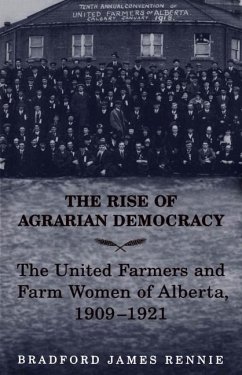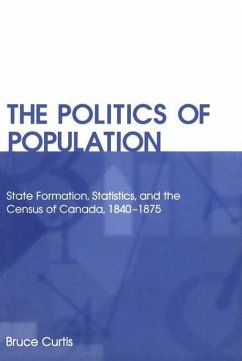
The Decline of Deference (eBook, PDF)
Canadian Value Change in Cross National Perspective

PAYBACK Punkte
0 °P sammeln!
In this extraordinarily wide-ranging book, Neil Nevitte demonstrates that the changing patterns of Canadian values are connected.
NevitteNeil:
Neil Nevitte is Professor of Political Science and cross-appointed as Professor at the School of Public Policy and Governance and the School of Global Affairs at the University of Toronto.
NevitteNeil:
Neil Nevitte is Professor of Political Science and cross-appointed as Professor at the School of Public Policy and Governance and the School of Global Affairs at the University of Toronto.
Dieser Download kann aus rechtlichen Gründen nur mit Rechnungsadresse in A, B, BG, CY, CZ, D, DK, EW, E, FIN, F, GR, HR, H, IRL, I, LT, L, LR, M, NL, PL, P, R, S, SLO, SK ausgeliefert werden.













